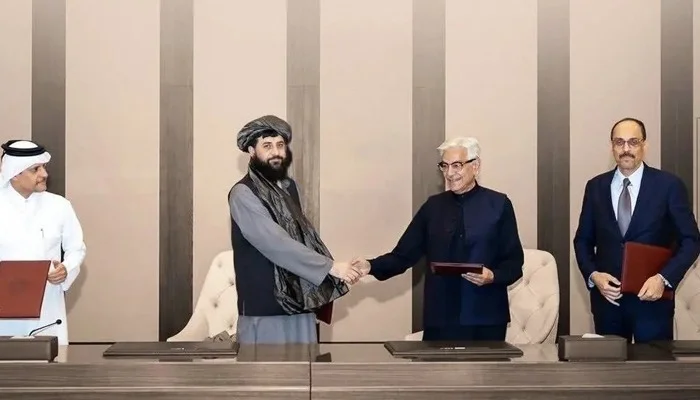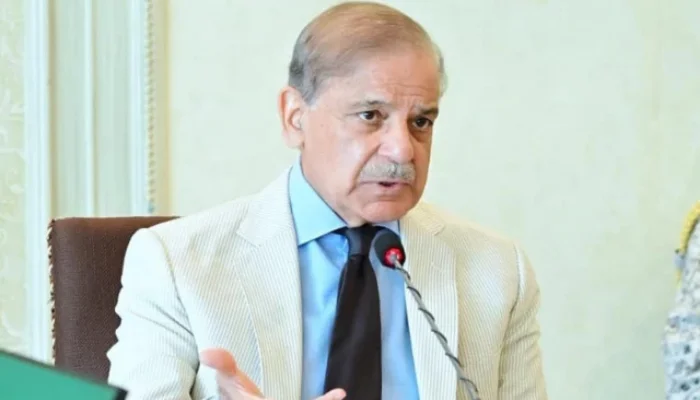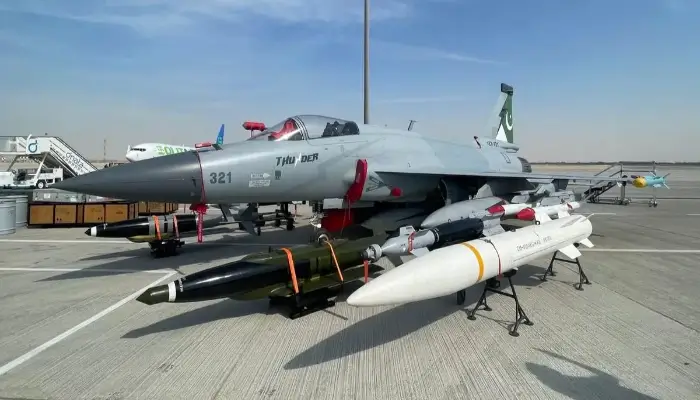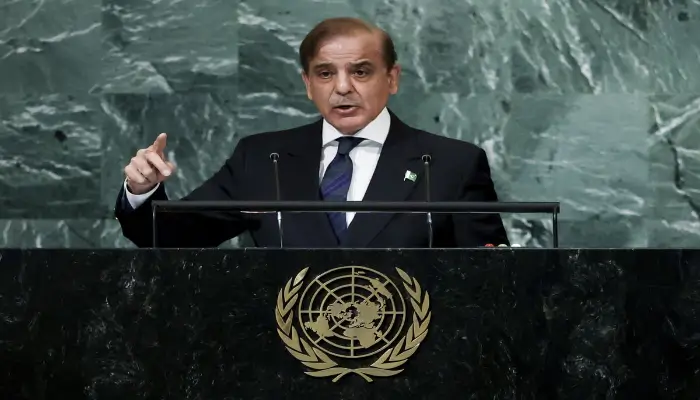Islamabad has changed its approach toward Afghanistan, opting for a more cautious “waiting game” rather than direct intervention or mediation. The new strategy reflects Pakistan’s decision to allow Afghan political and security developments to unfold without interference, marking a departure from its previous efforts to shape outcomes in Kabul.
Senior officials in Pakistan have indicated that frustration over the Afghan Taliban’s lack of action against Tehreek-e-Taliban Pakistan (TTP) responsible for numerous attacks within Pakistan prompted this recalibration.
Despite high-level engagements with Kabul, Islamabad has seen little progress, leading to a reassessment of its role.
“We realized we were investing energy without meaningful results. If Afghan authorities cannot address our core concerns, there is no reason for us to carry the burden of expectations,” one official stated.
Historically viewed as a key mediator in Afghan affairs, Pakistan faced international pressure to influence the Taliban on issues such as counterterrorism, women’s rights, and inclusive governance. However, its limited leverage and the recent developments have led Islamabad to distance itself from this role.
“Earlier, the world expected us to persuade the Taliban on multiple fronts. That has now changed,” a senior official noted.
Pakistan also seeks to dispel perceptions that it controls or is synonymous with the Taliban, emphasizing that it is no longer the world’s main influencer over Afghan affairs.

















